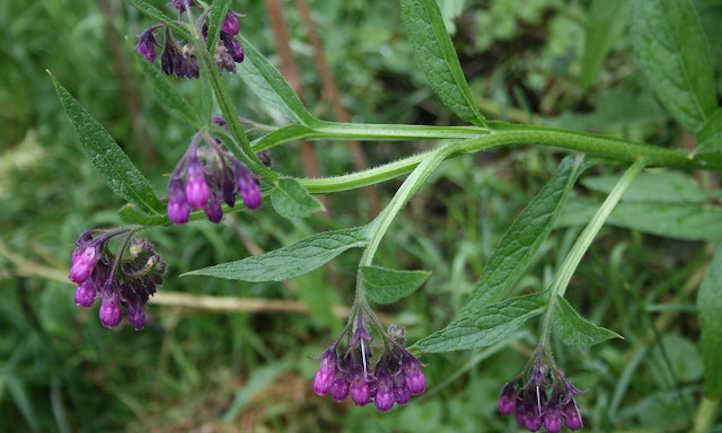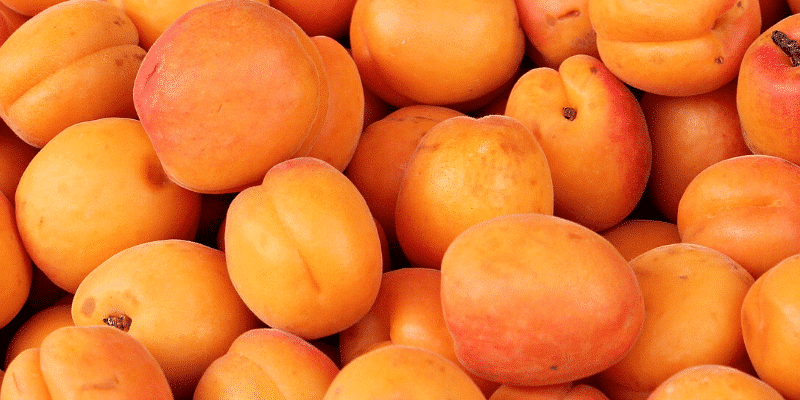
Comfrey and How It Helps Acne
What is Comfrey?
Comfrey, scientifically known as Symphytum officinale, is a herbaceous plant with a long history of traditional medicinal use. It is native to Europe and Asia and is known for its healing properties. Comfrey has a stout, bristly stem and large, hairy leaves. It produces clusters of small, bell-shaped flowers that can range in color from white to purple.
The key components of comfrey include:
- Allantoin: This compound is found in high concentrations in comfrey and is known for its wound-healing and skin-soothing properties.
- Rosmarinic Acid: A natural polyphenol, rosmarinic acid has antioxidant and anti-inflammatory effects.
- Tannins: These polyphenolic compounds have astringent properties and can help tighten and tone the skin.
Comfrey is used for various purposes:
- Topical Applications: Comfrey is often used topically in the form of creams, ointments, or poultices for wound healing, reducing inflammation, and alleviating skin conditions like eczema and psoriasis.
- Bone and Joint Health: Traditionally, comfrey has been used to support bone and joint health. It's believed to contain nutrients that promote bone healing and may help relieve joint pain and inflammation.
- Respiratory Health: Comfrey has been used in some traditional systems of medicine to address respiratory issues, though the scientific evidence for this use is limited.
- Digestive Health: Historically, comfrey has been used to support digestive health, although its internal use is now discouraged due to potential liver toxicity associated with certain compounds found in the plant.
- Fertilizer: Comfrey leaves are rich in nutrients and can be used to make a natural fertilizer for plants.
It's important to note that comfrey contains pyrrolizidine alkaloids, which can be toxic when ingested in large amounts. For this reason, internal use of comfrey is generally not recommended.
How Comfrey help with acne
Comfrey leaf extract may potentially help with acne due to its various properties, has anti-inflammatory, moisturizing, and soothing effects on the skin.
Here's how comfrey might assist with acne:
- Healing: Comfrey is known for its wound-healing properties, primarily due to its high content of allantoin, which supports tissue repair. When applied to acne lesions or blemishes, comfrey may promote the healing process, potentially reducing the time it takes for acne to resolve and minimizing the risk of scarring.
- Anti-Inflammatory Effects: Comfrey contains rosmarinic acid, a natural polyphenol with anti-inflammatory properties. Acne breakouts are often associated with skin inflammation. Comfrey may help reduce redness, swelling, and discomfort associated with acne lesions.
- Skin Soothing: The allantoin in comfrey can soothe and calm irritated skin. This can be especially beneficial for individuals with acne-prone skin, as acne lesions and treatments can sometimes cause skin sensitivity and discomfort.
- Astringent Properties: Comfrey contains tannins, which have astringent qualities. Astringents can help tighten and tone the skin, potentially reducing the appearance of enlarged pores and contributing to an overall smoother complexion.






